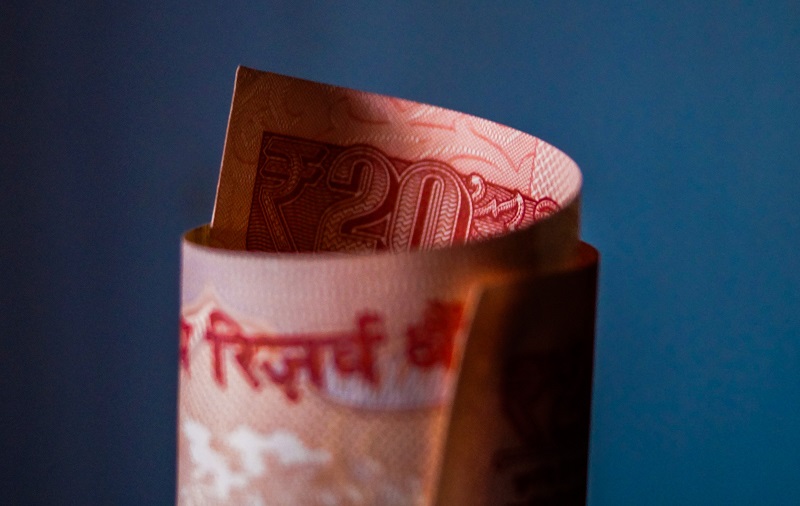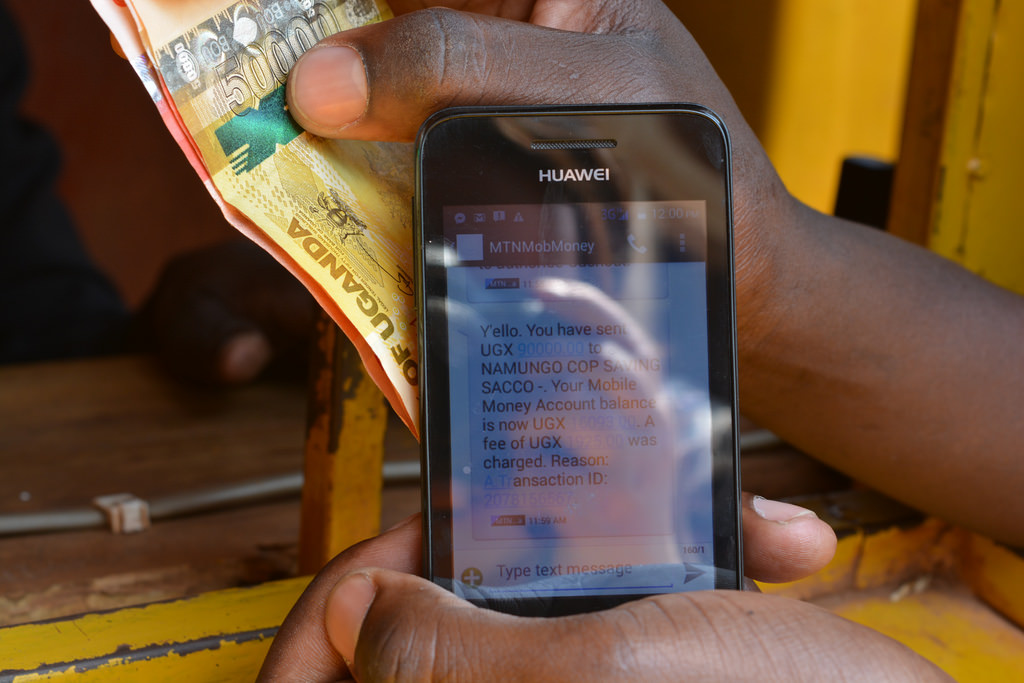Time flies. Not many will remember when what would become iROKOtv was merely an interesting breakout Nigerian YouTube channel called Nollywood Love. Well, maybe not merely interesting. A channel that at some point began to generate > $1 million in annual revenues is nothing to sniff at.
Today, four years and $25 million dollars later, iROKOtv’s title as the Netflix of Africa has yet to be wrested from it. And this, despite intense competition and operational pressures. iROKOtv is still the most visible distributor of Nollywood video via the internet to nostalgic diasporan audiences and adoring local fans in Africa.
Pundits have many things to say about iROKOtv’s business. Some have questioned the decision to focus on African subscribers over the ones in diaspora. Pivoting to a “downloads-only” content delivery model was widely viewed as the wrong move in many quarters. Nonetheless, iROKOtv has closed significant distribution and licensing partnerships with telcos, airlines and television providers in multiple African countries. With each deal, iROKOtv has gained whole new audiences. Sometimes, millions at a time.
As he is wont to on important occasions in the life of his startup, Jason Njoku blogged about iROKOtv turning four. Somewhere in the middle of the post, this point stuck out to me.
In Africa we are super early. I feel even in 2016 and 2017, we will still be too early for widespread data-driven long form video adoption and consumption. As everyone who isn’t a betting company has realised, Nigeria is immature for most internet startups.
He is right about the betting companies, by the way. Online betting companies are crushing it so much in Nigeria (and in other parts of Africa) that they can afford to take out crazy expensive outdoor advertising, as well as on satellite television.
But the betting companies are another conversation altogether. It’s the question of how mature the Nigerian and African digital consumer markets are that niggles.
Everyone in unison in 2015 has adjusted to that stark reality. Dreams of unicorns and delusions of grandeur have given way to cautious optimism and survival tactics Rick Grimes from TWD would be proud of.
Cautious optimism? Survival tactics? These sound rather familiar. Like that time when Jumia was said to have let 300 staff go (we still haven’t heard back from them). Or DealDey’s “headcount reduction” that reportedly cost it 60 percent of its heads. Of course, we can’t forget that iROKOtv itself downsized about 130 staff barely a month ago. And while we’re wondering why Nigerian startups are laying people off, some in other countries are shutting down altogether. The trend of cautious optimism and survival tactics are actually startups correcting themselves, before the market corrects them.
The tough choices made today will yield amazing results in years to come. It’s just the way of a startup. Success and failure look very similar at the early stages, and I believe in the leaders our of internet companies. They are too hardened to submit to failure.
It feels like Jason is attempting to speak for a group of entrepreneurs here. My bet is it’s the earliest ones who secured funding as far back as 2009 – 2011, and now have to prove that they weren’t wrong. And it’s not just about being in the wrong business or pursuing the wrong opportunity. Even if you are in the perfect business, pursuing the right opportunity, Being too early is the same as being wrong. Some have been fortunate enough to receive follow-on funding from their first investors, who are clearly protecting their initial investments. But the probability that they will get another cash injection without demonstrating significant traction on all their key performance metrics is slim to none.
Till then, they will have to hunker down, conserve their resources and become lean execution machines. Across the continent, startups are going into energy-saving mode and ruthlessly cutting costs. Right now, the important thing is not to die. Because if you die, you can’t win.
Jason is still convinced that iROKOtv’s subscription-only VOD business will reach millions of people in the long run. But he’s got to buy enough runway to get there in one piece. From the next quote, it sounds like iROKOtv has closed a handsome linear TV licensing deal, like the one they did with Startimes earlier in the year.
Yesterday, iROKO Global closed the biggest deal in its short history. A truly monstrously large deal. A deal which actually dwarfs our entire subscription business revenue for 2015. Our consumer business has 110 people working on it. Costs us millions annually in losses. Yet with one client, one deal, Linear revenue until 2020 will eclipse it.
Who’s the buyer? Netflix? The “linear” reference kinda eliminates that possibility, so no clues here. But we’ll find out by and by. The important thing is that Jason is doing whatever it takes to keep the Iroko from wilting. Not till the land becomes fertile.
I almost forgot. iROKOtv has a new logo. It looks like screens growing on a tree.
Photo Credit: Phil Roeder via Compfight cc




















